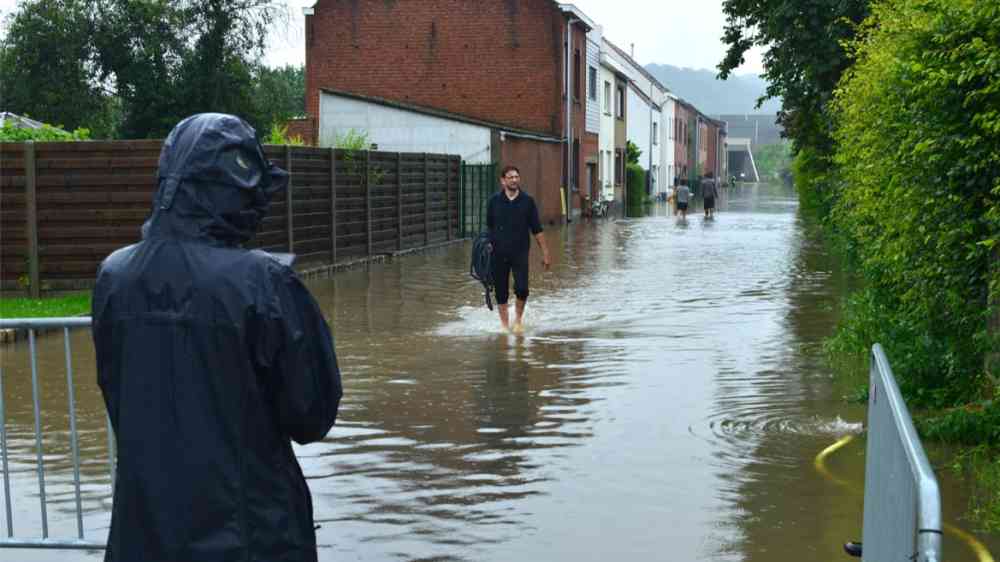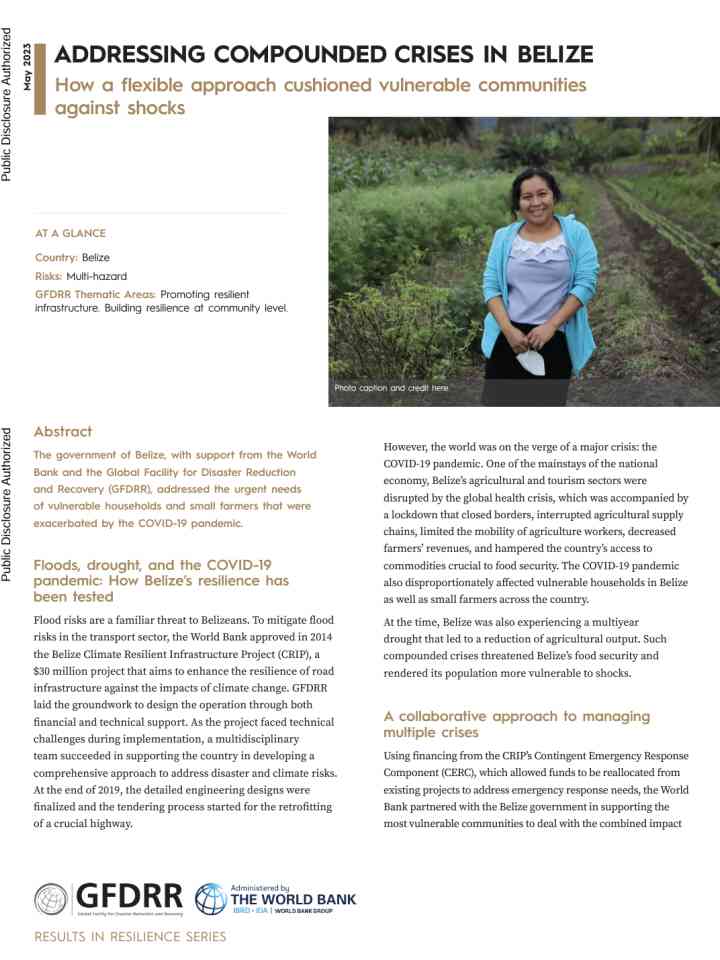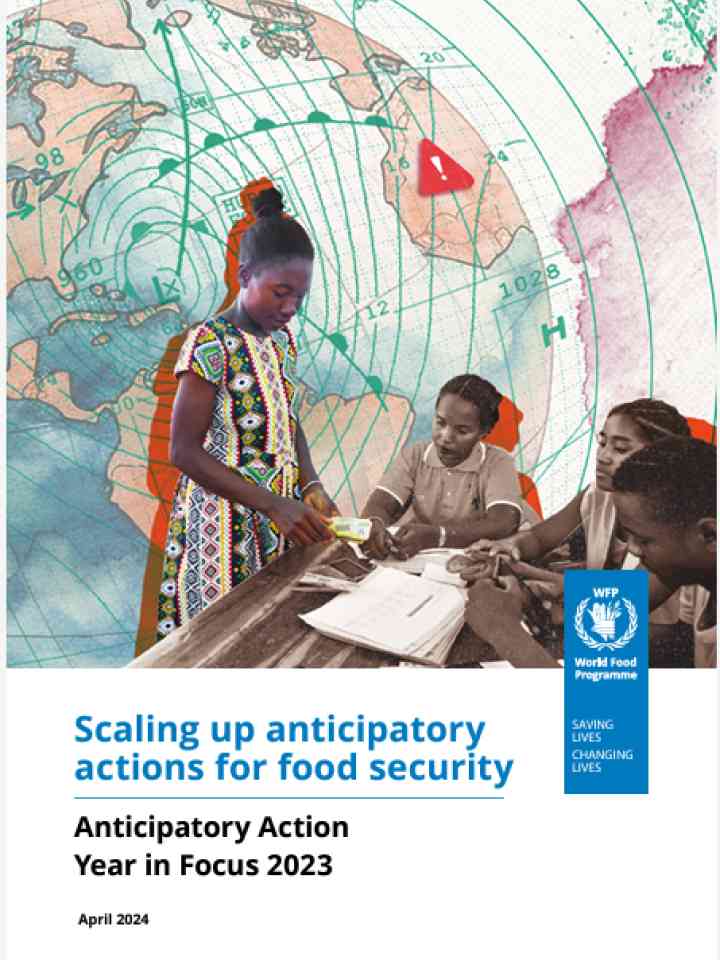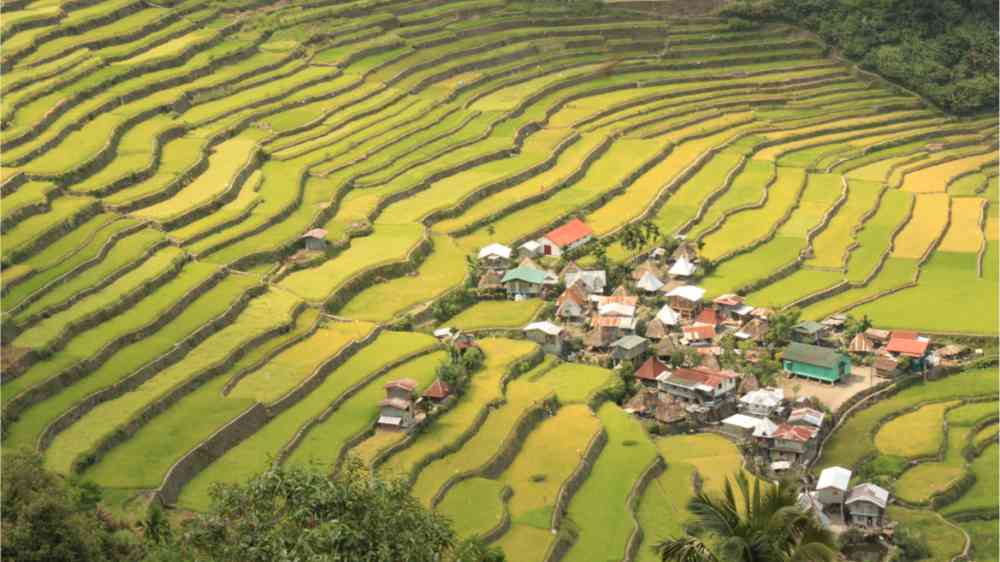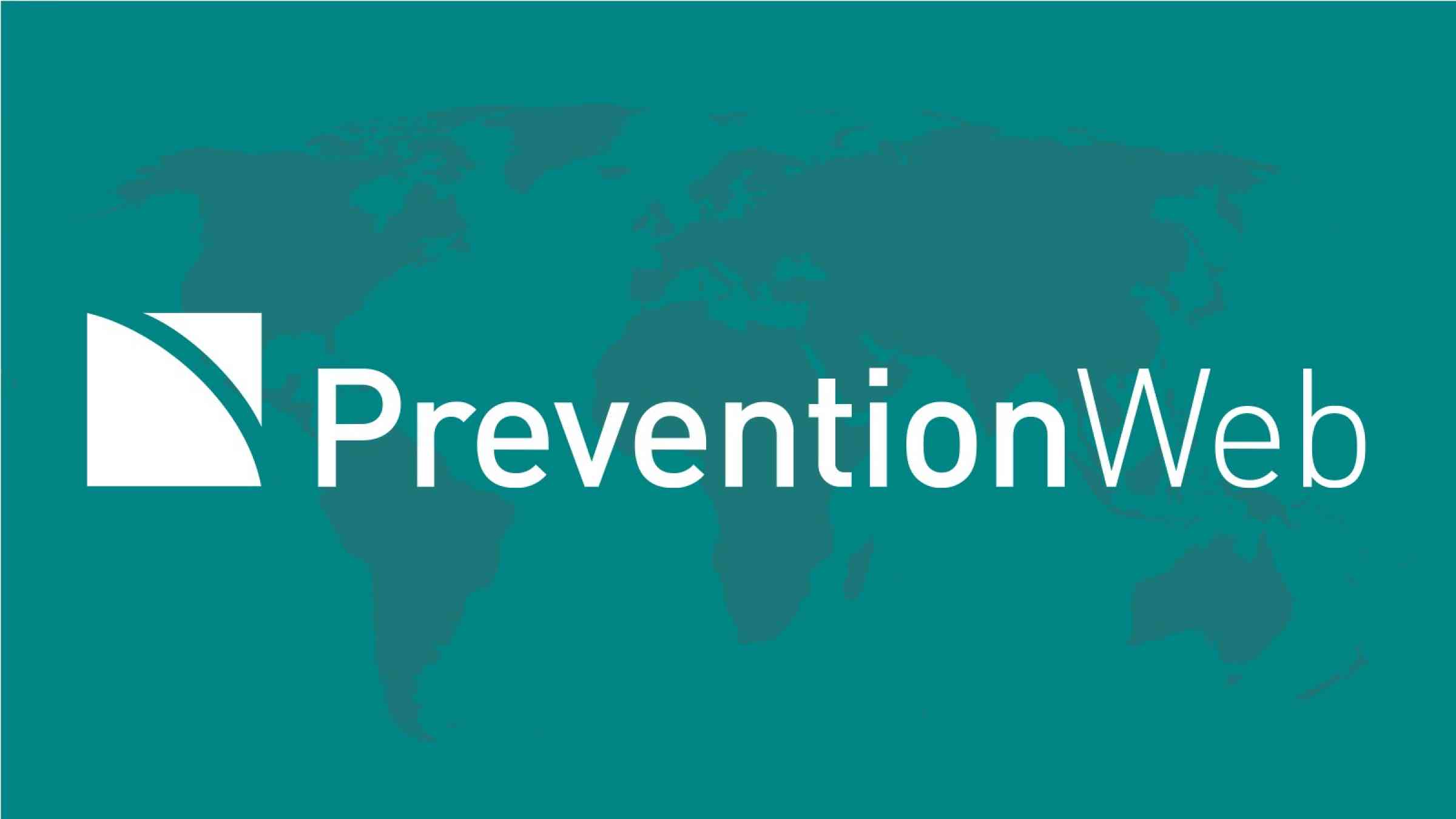Insurance & risk transfer
The process of formally or informally shifting the financial consequences of particular risks from one party to another, whereby a household, community, enterprise or State authority will obtain resources from the other party after a disaster occurs, in exchange for ongoing or compensatory social or financial benefits provided to that other party.
